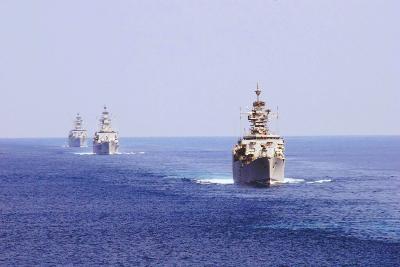
BENGALURU (PTI): Indian Navy has been in a heightened state of alert for the last two months with its entire fleet, including warships, aircraft carriers, and Unmanned Aerial Vehicle deployed, said Chief of Naval Staff Admiral Robin Dhowan.
The Navy had already stepped up patrolling in coastal areas much before the recent Pakistan terror boat sinking incident off Gujarat coast, he told reporters here.
"We have already stepped up patrolling in our coastal areas much before the December 31 incident and for the last two months, we have been in heightened state of alert, with our entire fleet, including warships, aircraft carriers, and Unmanned Aerial Vehicle deployed in our waters," he said.
In a mid-sea operation on New Year night, a Pakistani fishing boat, said to be carrying explosives, was intercepted by the Indian Coast Guard off the coast of Gujarat, but the vessel exploded and caught fire before sinking along with four occupants.
While the government has said the occupants of the boat were 'suspected terrorists', there have been questions over authenticity of this claim.
India is fully prepared to protect its long coastal region and secure its maritime interests with round-the-clock surveillance, he said after delivering "Admiral RL Pereira Memorial Lecture" organized by the Navy Foundation, Bengaluru Chapter in association with Bharath Electronics Limited here.
"As we operate in a challenging environment, we ensure to maintain all aspects of coastal surveillance because we have a huge coastline of 7,516 km, an exclusive economic zone of two-million square kilometres, thousands of merchant ships and about 240,000 fishing boats at any given time in our region," Dhowan said.
Dhowan said Indian Navy has put in place NC3 IS-Naval Command Centre and Communication and Intelligence System, which is integrated with 51 radar stations, including 20 of the Navy and 31 of the Coast Guard as part of the analysis and management centre at Gurgaon in Haryana.
"So these all are measures to leverage technology so that we can keep our coastal areas under surveillance all the time," he added.
Replying to a query, Dhowan said MiG-29K has been inducted on INS Vikramaditya and operating since the aircraft carrier joined the fleet.
"In addition, we have inducted PI-8 aircraft, which in the long run will be our long-term maritime reconnaissance for anti-submarine operations. We have six of them and two more are on the way. They are based at Rajoli in Tamil Nadu."
The Navy has enhanced nation's capability for surveillance in large areas of the Indian Ocean, he added.
The Navy also has inducted trainer aircraft, which are based at Vishakapatnam for training pilots, Dhowan said.
On Prime Minister Narendra Modi's Make-in-India mantra, Dhowan said Navy is fully anchored in self-reliance and self-sufficiency, as was embarked upon in 1950s.
"Our first indigenous warship (INS Ajay) was built at Garden Reach in Kolkata in 1961, and we had set up our own design directorate in 1967 and have been steadfastly pursuing the path of self-reliance to ensure that we will have 100 per cent indigenous content in our future warships," he said.
The indigenous aircraft carrier (INS Vikrant) is under construction at Kochi shipyard. It will be ready for deploying in 2018, Dhowan said.
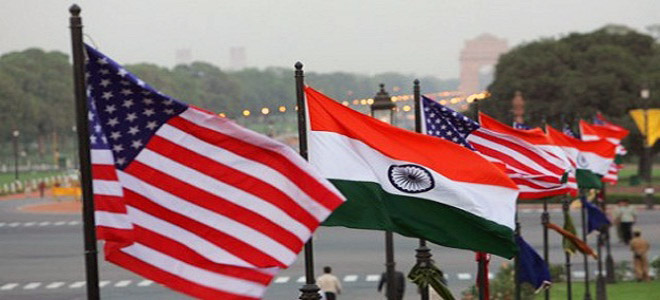 Previous Article
Previous Article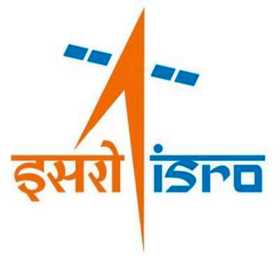 Next Article
Next Article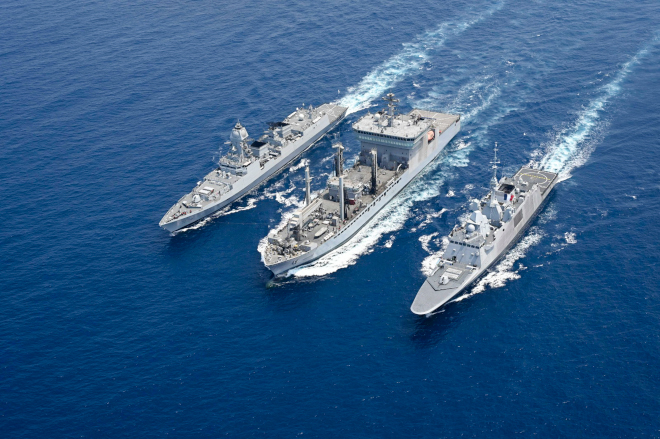

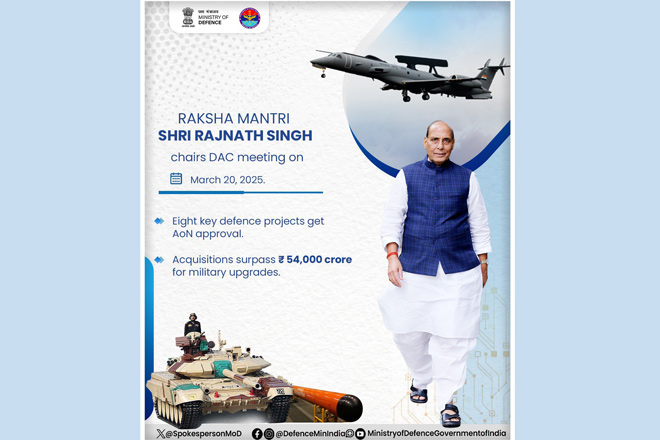










The Indian Air Force, in its flight trials evaluation report submitted before the Defence Ministry l..
view articleAn insight into the Medium Multi-Role Combat Aircraft competition...
view articleSky enthusiasts can now spot the International Space Station (ISS) commanded by Indian-American astr..
view article